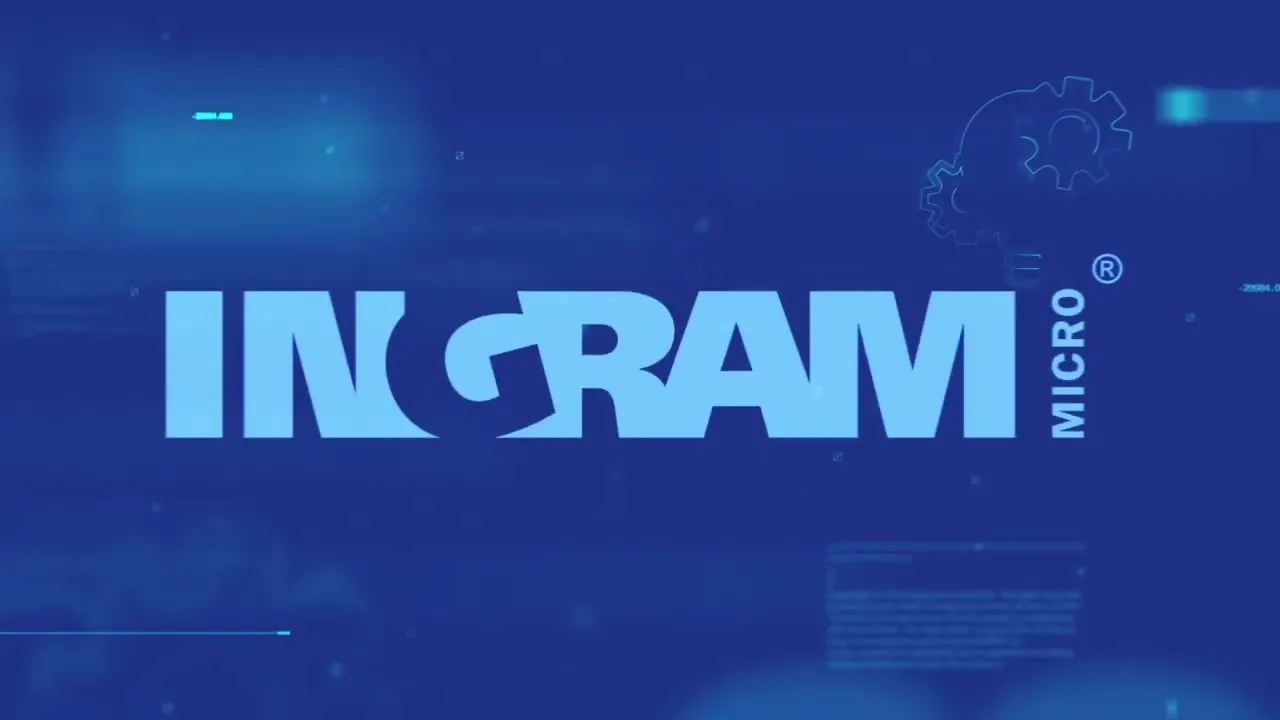In a constantly evolving digital world, where the competition for user attention is increasingly fierce, Google has taken a monumental step to transform its search engine with the implementation of the "AI-Created View." This new feature, based on artificial intelligence at Google, is set to radically change how users interact with search results.
Through this technology, Google provides faster, more accurate, and relevant answers to complex queries, without users needing to navigate multiple websites to find the information they are looking for. According to Google, the "AI-Created View" aims to enhance the search experience, especially for more complex searches, where information is scattered across multiple sources.
However, the arrival of this feature at Google is not without controversy. While Google claims that this innovation will increase searches, some voices have pointed out that it could negatively impact the media, content creators, and advertisers.
The reason is that Google’s AI provides immediate responses to user queries, which reduces the need to access external websites. As a result, many fear that traffic to news websites, blogs, and other content creators might be severely affected.
In this article from ITD Consulting, we will analyze in detail how Google’s "AI-Created View" may change the digital landscape, its potential positive and negative impacts, and the challenges it presents for publishers and advertisers. Keep reading about this Google innovation so you don’t miss any details.

Google and Artificial Intelligence in Search: A Necessary Evolution
The incorporation of artificial intelligence into search engines, such as Google, has been a recurring topic in the tech industry, and Google, being the undisputed leader in this field, could not be left behind. The "AI-Created View" is a tool that uses Gemini technology, an AI system that allows Google to provide synthesized answers directly on the search results page.
This feature is designed to improve the Google user experience, especially for complex queries involving multiple sources of information. Instead of redirecting users to different websites to find what they are looking for, Google’s AI provides a direct and clear answer, extracting data from various trusted sources.
The main goal of this Google innovation is to make searches more efficient and faster, which, in theory, should lead to an increase in the number of searches performed. Instead of having to make multiple clicks, Google users can get immediate answers to complex questions, potentially encouraging more people to conduct more detailed searches.
Google has claimed that this advancement will not reduce the search volume, but will increase it, as people will have more reasons to make more specific queries. However, this claim is being tested by some reports and analyses, suggesting that the reality could be very different.
Impact on the Media and Content Creators: Challenges for Web Traffic
One of the most concerning aspects of the implementation of Google’s "AI-Created View" is its potential impact on the media and content creators. News publishers, blogs, and other small websites heavily rely on traffic from Google searches to generate advertising revenue and increase visibility.
With Google’s AI providing instant answers on the results page, many fear that users will not need to click on website links, leading to a significant decrease in traffic to those sites. According to an analysis by Press Gazette, when the "AI-Created View" of Google appears in search results, media outlets that traditionally held the top spot in organic results have experienced a drop of up to 980 pixels on the results page, which equates to a complete page shift.
This change in Google directly impacts website visibility, as users are less likely to click on links that are now further down the results page. The main problem is that Google does not separate the traffic generated by the AI-Created View from traditional traffic. Publishers cannot accurately measure how this new feature is affecting their traffic, making it difficult to adapt to this new reality.
As a result, media and content creators do not have a clear view of how to adjust their strategies to maintain or increase their visibility in a search environment now dominated by Google’s AI. This change in Google could have an even greater impact on smaller media outlets, which rely on visibility in search results to attract their audience.
As Google introduces direct answers at the top of the results, many of these outlets could see a decrease in their traffic, which would severely affect their advertising-based business model and content monetization.
Competition with Bing and the Threat of ChatGPT
The launch of the "AI-Created View" in Google is also a direct response to the competition the company faces from other search engines, particularly Bing. Bing, powered by Microsoft, has integrated similar features into its own search engine, using artificial intelligence to generate direct and contextual responses to user queries. This has increased competition in the search engine market, where Google has been the undisputed leader for years.
Moreover, Google is not only competing with Bing but also with platforms like ChatGPT from OpenAI. ChatGPT has gained popularity by offering detailed and elaborate responses to complex questions in a conversational format, representing a significant threat to traditional search engines. By integrating AI into its search engine, Google is trying to maintain its dominance in a rapidly changing market due to the rise of generative artificial intelligence.
The implementation of an "exclusive AI mode" in the United States, where Google provides only AI-powered results without mixing traditional results, marks an important step toward the creation of a fully AI-driven search engine. This feature is already being tested in countries such as the United States and is now expanding to Europe, meaning competition in this space will increase in the coming months.

The Expansion in Europe: Impacts and Opportunities
The expansion of Google’s "AI-Created View" in Europe is a significant milestone for Google. From now on, this new functionality is available in countries such as Spain, Italy, Germany, Poland, and several others, in various languages including English, Spanish, French, German, and Italian. This expansion is in response to Google's need to modernize its search engine to remain competitive in a European market where AI is rapidly gaining ground.
Google has highlighted that this functionality will only be activated for searches where it believes it can provide real value. This includes more complex queries that involve information scattered across multiple sources or specialized queries on specific topics. However, not all searches will trigger this feature. Simpler searches, such as those related to weather or navigation to specific websites, are unlikely to display Google’s "AI-Created View."
The fact that this new feature is being gradually rolled out in Europe, with support for multiple languages, also underscores the importance Google places on personalizing the search experience based on the region. This strategy aims not only to improve the user experience but also to position Google against its competitors in a global market where user expectations are changing rapidly due to artificial intelligence.
The Future of Advertising in the Context of AI
Another fundamental aspect of Google’s "AI-Created View" is the impact it will have on online advertising. Traditionally, Google has generated revenue through sponsored ads that appear alongside search results. With the incorporation of AI-generated answers, Google is exploring new ways to integrate advertising into this new search experience.
One of the formats Google is testing in the United States is the insertion of contextual ads within AI-generated responses. This could provide new monetization opportunities for advertisers on Google, allowing them to reach users in a more direct and immediate manner, even for queries that initially have no commercial intent.
However, this approach also presents challenges, as Google needs to find a way to balance the profitability of AI-powered searches with the costs associated with computational processing and energy consumption required to maintain this technology.
Challenges and Opportunities for Advertisers and Content Creators
For advertisers, the arrival of Google’s "AI-Created View" presents both opportunities and challenges. On the one hand, they can leverage the AI-generated answers on Google to insert more relevant and contextual ads, which could increase the effectiveness of their advertising campaigns. On the other hand, changes in web traffic and visibility for content creators' sites may create a more competitive environment that’s harder to navigate.
For media outlets and content creators, the key will be adapting to this new reality of AI-powered search. Although Google’s "AI-Created View" may reduce the need for users to visit websites for information, there is still an opportunity for creators to offer valuable and unique content that attracts users—whether through a deeper focus on specific topics or by offering exclusive content that cannot be easily generated by AI.

Google's "AI-Created View" marks a milestone in the evolution of online search, a decisive step towards the integration of artificial intelligence into our daily lives. This Google technology not only promises to improve the user experience by providing quick and accurate answers, but it is also changing the way we interact with information.
Instead of having to search and navigate through multiple sources, users can get instant answers directly on Google's results page. This Google advancement suggests a more agile and efficient future, but it also introduces significant challenges, especially for media, content creators, and advertisers who rely on visibility in search engines.
The use of artificial intelligence in search engines like Google marks an important turning point in the way we consume information. While this Google technology has the potential to make data searches faster and more accessible, it also raises questions about the dependence we are developing on AI to access knowledge.
The answers provided by AI systems like Google can be highly effective and convenient, but there is also a risk of information overload or of relying too much on a single source of truth. The way AI synthesizes and presents information directly influences our perception of the world, requiring critical reflection on how to balance the convenience of immediacy with the diversity of sources and perspectives.
As Google's "AI-Created View" expands globally, its impact on user behavior, web traffic, and monetization strategies will be key to understanding how this new digital ecosystem evolves. Artificial intelligence is changing the dynamics of search, and those who quickly adapt to this new reality will be able to capitalize on the opportunities it offers, while those who don't may fall behind.
In this sense, the battle for user attention and the monetization of online search is just the beginning of a new digital era, where AI will not only be a tool for streamlining searches but also a force that redefines how we connect with information, how we consume it, and, ultimately, how we interact with the digital world around us. If you want to learn more details about AI's use in Google and how to adapt to it, contact us at [email protected]. We have a specialized tech team to help you stay at the forefront.





